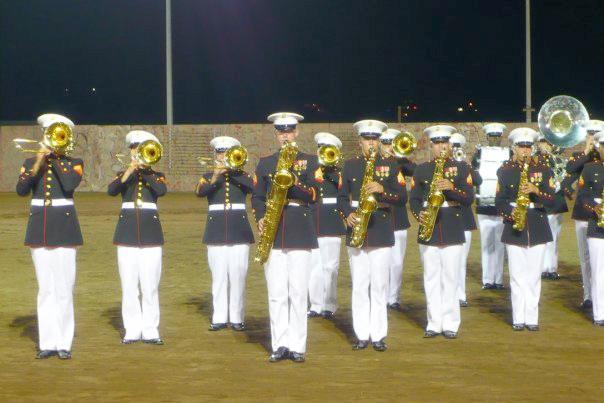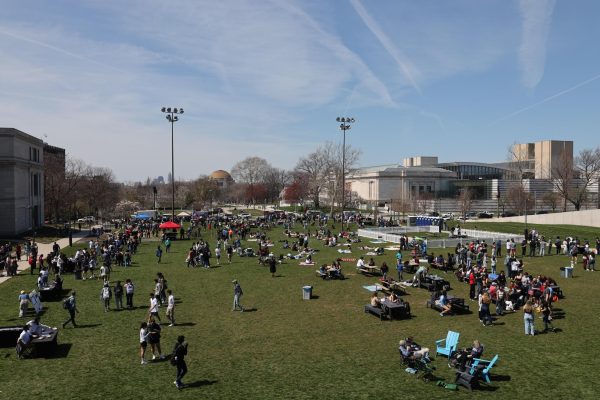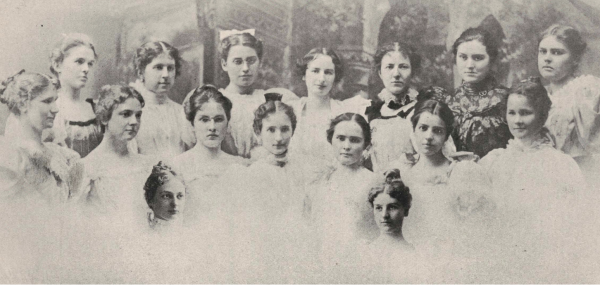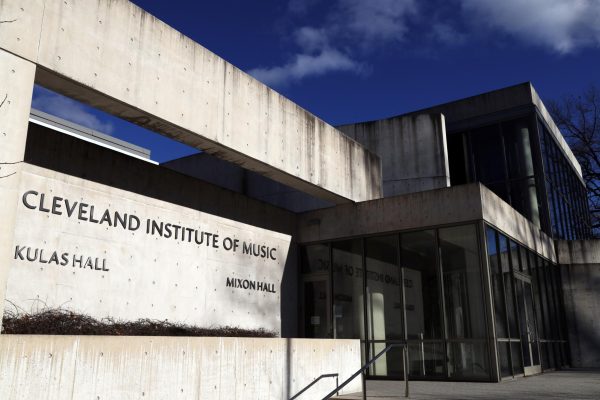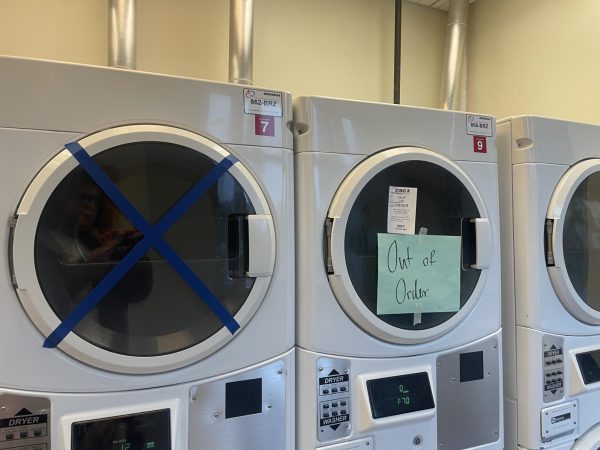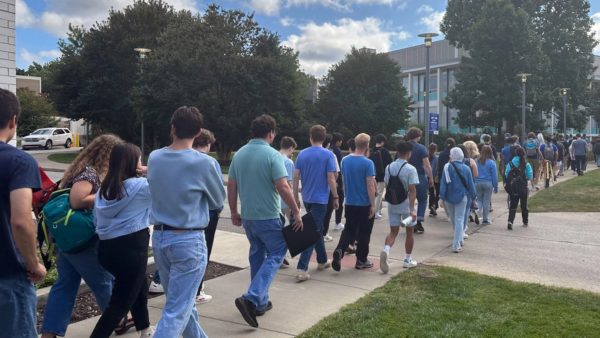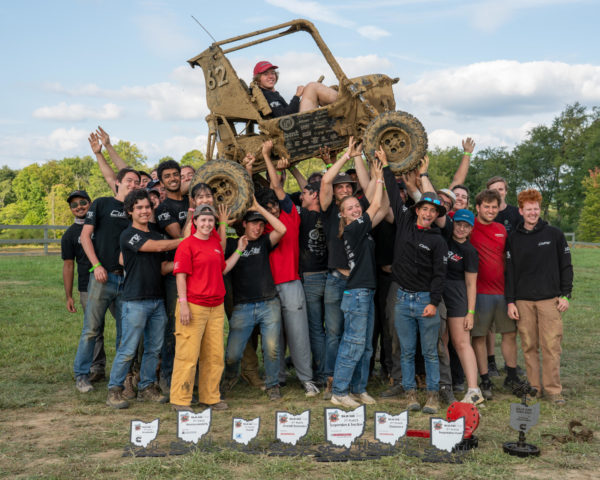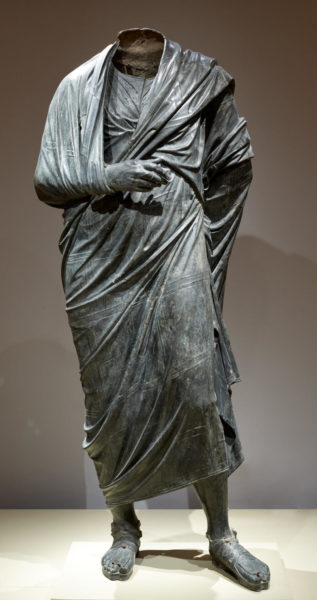From Virginia to Okinawa, CWRU student served his country
Undergraduate student Kyle Nelson played the bassoon in the Marine Corps band.
November 7, 2014
Kyle Nelson’s path did not originally lead him to Case Western Reserve University. It first wound through Parris Island, NC, Virginia Beach, the Mojave Desert and Okinawa, Japan.
Nelson joined the Marine Corps in 2003, but even then, his path was not typical. As a bassoon player, he filled his senior year of high school with music classes and when he joined the military he became only the second bassoonist to return to the Corps’ band.
After completing basic training, Nelson spent nine months in Virginia Beach learning the specifics of his new position, before being stationed in the Mojave Desert.
“I loved the job and loved the people,” he said.
Yet, when he was transferred to Okinawa, Japan, a major pacific installation for all branches of the U.S. military, his love turned to frustration, despite the “beautiful tropical paradise” that surrounded the base.
The main problem Nelson had with Okinawa was that the base wasn’t close to any major towns. He says that the nearest “city” was an hour away and two and a half hours from “any place you’d actually want to be.”
“While I was [stationed in the Mojave Desert], I was surrounded by people I enjoyed being with—peers, bosses, and others sharing in the struggle–and many are still my best friends to this day,” Nelson said. “In Okinawa I made strong friendships with people, but my surroundings at work were so dismal that the 3 years I spent there seemed like an eternity.”
However, he tried to make the best of his situation, and turned to developing skills he could use later in life.
“I got my 60-passenger bus license there, and learned to scuba dive,” he said.
After eight years, Nelson decided he was ready to continue his education with help from the G.I. bill, and he chose CWRU for its rigour and reputation.
“My work ethic now compared to then, its totally different,” he said.
Civil engineering appealed to him because so much of what the military does is destructive, and he wanted to build things.
“After having been a part of an organization that is renowned for destroying things, I felt the need to find a way to have a positive effect,” Nelson said.
His experience in the military also directly impacted his focus, which is on wastewater treatment. Having travelled through many poor areas of Asia, Nelson became interested in wastewater, specifically the idea of using algae to break down micro-pollutants.
Currently, Nelson is pursuing a variety of post-graduation options, including a job with the Cleveland water treatment system or with a consulting firm working in underprivileged countries.
He says that he’s thankful for his military experiences, and that his time in the service left him with a new outlook.
“One of the most important things I learned in the military was the life lesson that you really shouldn’t be unhappy with your life, which seems simple enough,” Nelson said. “There are only a few things that can keep you in your current unpleasant situation, but if you can get away from said unpleasant situation you should.”
“I could go on and on debunking sayings that take you down a different path, or have you look to greener pastures, but what they all really break down to is trying to live life to the fullest of your own ability and ensuring that your environment doesn’t hinder this,” Nelson added. “Don’t stay in a toxic environment and if a change is needed, take it if you can.”








